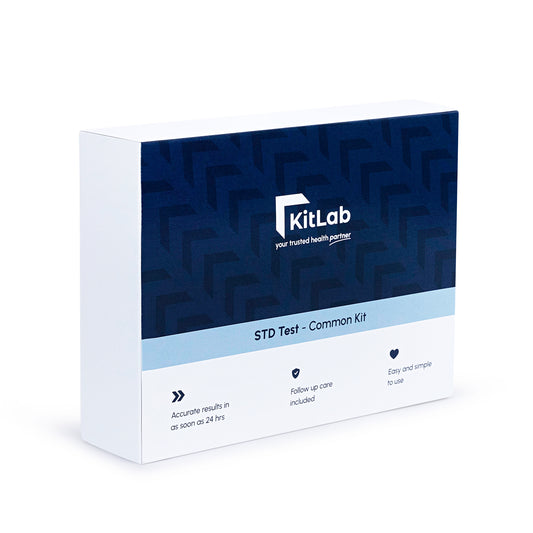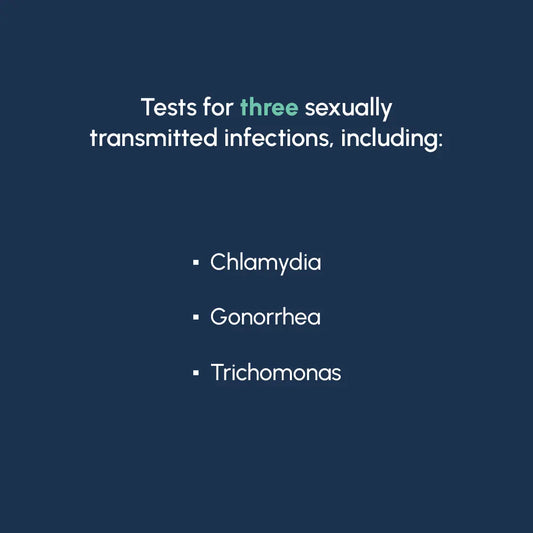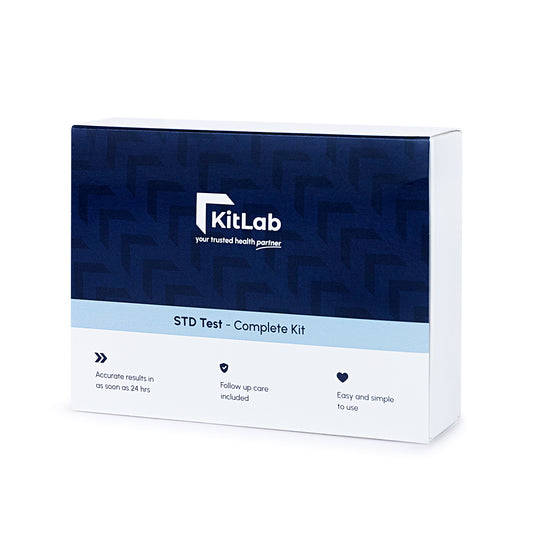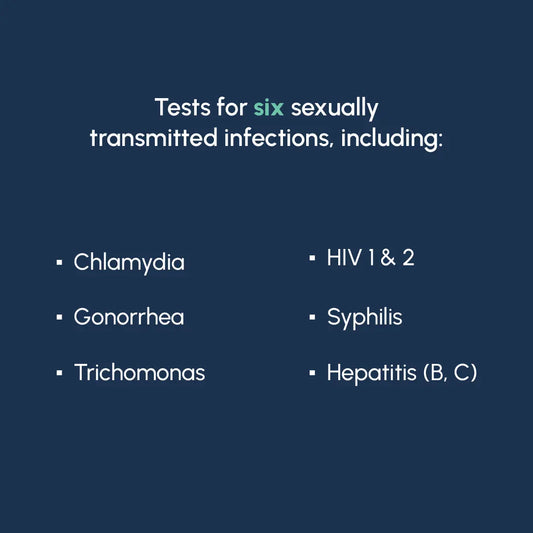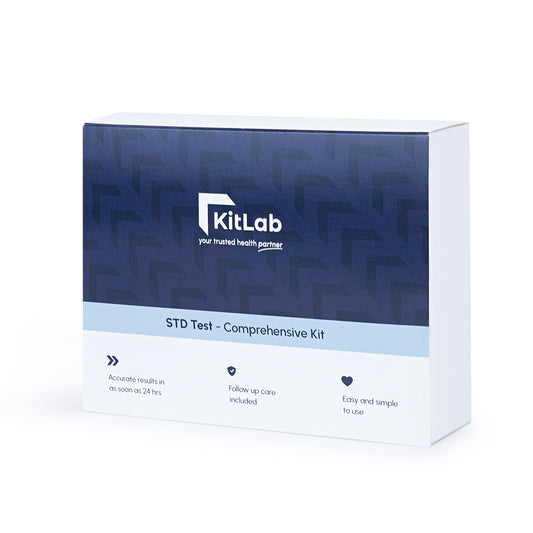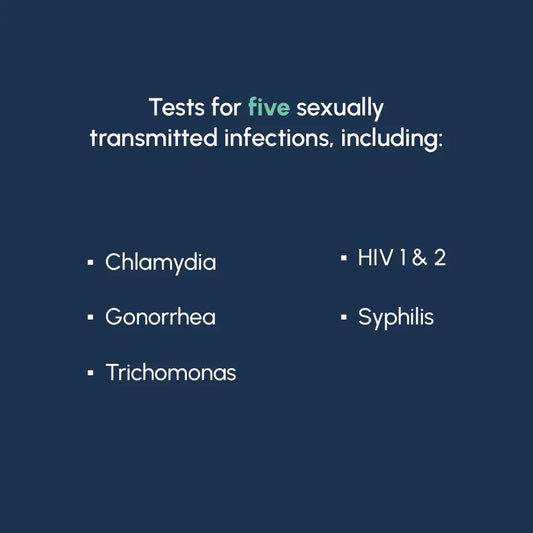1. Syphilis is a sexually transmitted infection (STI) caused by the bacterium Treponema pallidum. It can be transmitted through sexual contact, including vaginal, anal, or oral sex, as well as through direct contact with syphilis sores (known as chancres) during sexual activity.
2. Yes, syphilis is treatable with antibiotics, especially in its early stages. However, treatment may vary depending on the stage of the infection and individual patient factors.
3.(a) Syphilis has several stages, each with its own set of signs and symptoms. The primary stage is characterized by the appearance of painless sores (or chancres) at the site of infection, usually on the genitals, anus, or mouth.
(b) In the secondary stage, individuals may experience a rash, fever, sore throat, swollen lymph nodes, and other flu-like symptoms.
(c) If left untreated, syphilis can progress to the latent and tertiary stages, which can cause serious complications affecting the heart, brain, and other organs.

